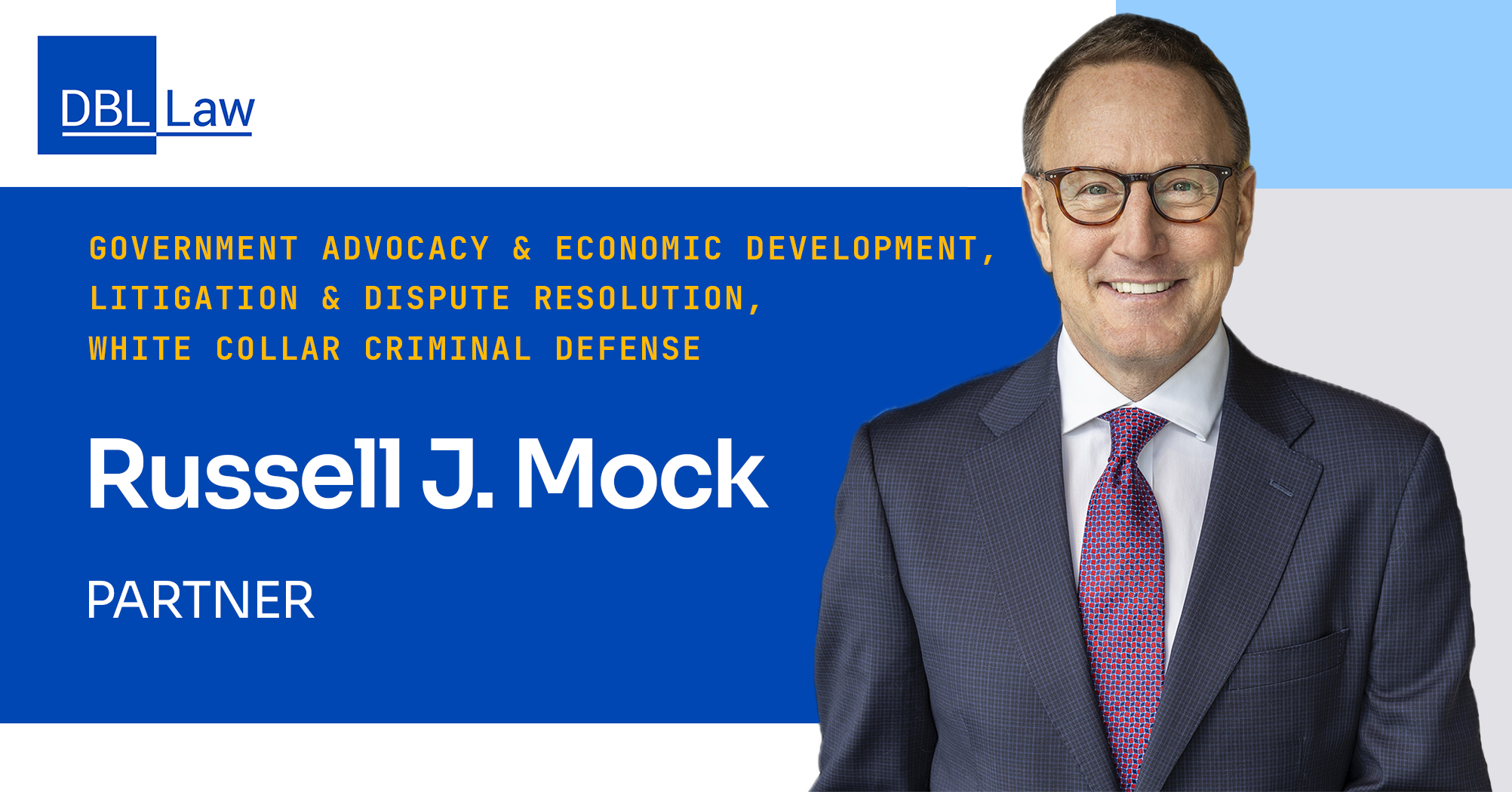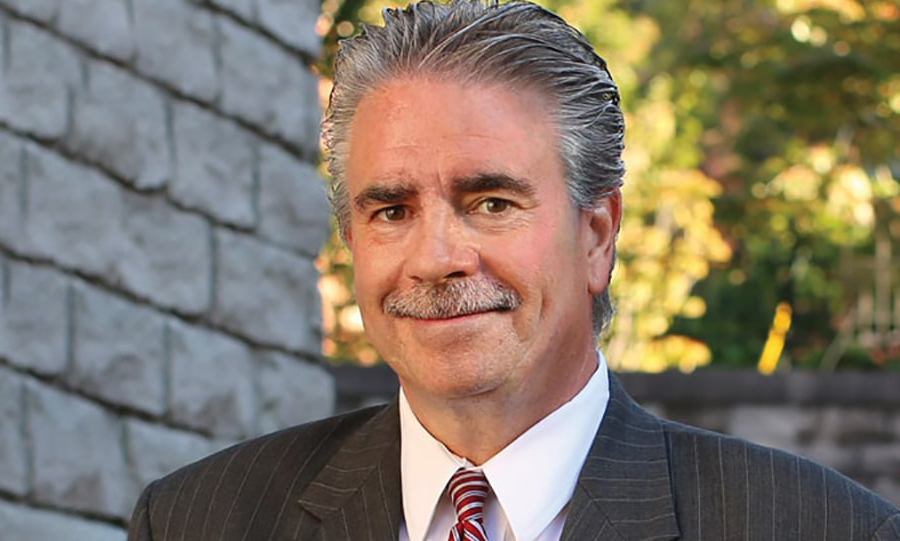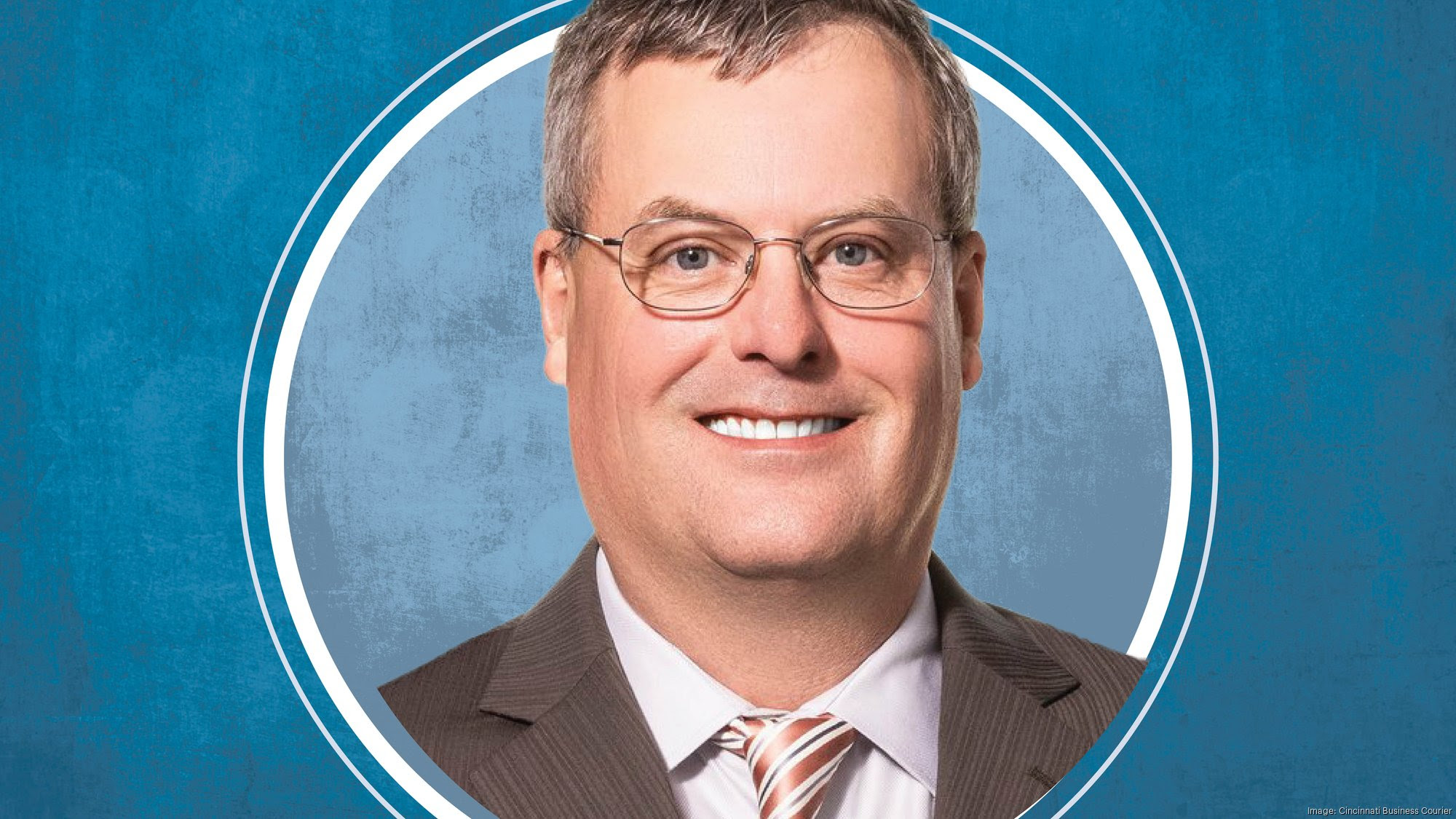United States ex rel. Azam Rahimi v. Rite Aid Corporation
Case No. 20-1063
2021 WL 2660331 (6th Cir. 2021)
Decided: June 29, 2021
Do pharmacies need to consider prescription cost saving programs when billing the government? Pharmacist Azam Rahimi thought they should when he sued Rite Aid under the False Claims Act. Federal regulations require pharmacies, like Rite Aid, to charge those on government programs no more than the usual price required to fill prescriptions. However, Rahimi noticed a difference between what those on Medicaid were charged in comparison to individuals on a Rx Savings Program. In every instance Rahimi researched, the price charged under an Rx Savings Program for prescription drugs was lower than that provided to a participant on a government plan. In other words, the government was being billed at a higher rate for the same prescription. The prescription price, in Rahimi’s view, should have been the same regardless of whether it is purchased under a government or Rx Savings Program. The United States, after completing an investigation into the issue, decided to join in on Rahimi’s case.
Ultimately, the Sixth Circuit ruled in favor of Rite Aid. It found that Rahimi’s claim under the False Claims Act was prohibited by the Act’s public-disclosure bar. The public-disclosure bar prohibits a claimant from bringing an FCA action if the facts underlying that claim have already been publicly disclosed. The court analyzed the case based on a three-part test: (1) whether the fraud may have been inferred from any public disclosure, (2) whether the complaint’s allegations were similar to those present in the public disclosure, and (3) whether the claimant was the original source of the information.
On whether the fraud may have been inferred from any public disclosure, the Court ruled in favor of Rite Aid. First, it identified that the Connecticut Attorney General’s Office had issued a press release in 2010 that announced an investigation into Rite Aid. Second, the court found that another case, United States ex rel. Winkelman v. CVS Caremark Corporation, had barred the same litigation under similar considerations. Any distinctions Rahimi attempted to make were unpersuasive to the court.
The Court ruled in favor of Rite Aid on the second portion of the three-part test. This concerned whether the complaint’s allegations were similar to those present in the public disclosure. Rahimi argued that the Connecticut press release only addressed allegations against Rite Aid in one state and one public healthcare program. In contrast, his complaint covered 18 states and three public healthcare programs. The Court disagreed and found that the identification of additional government programs and states was not sufficient to differentiate Rahimi’s allegation from the Connecticut press release.
On the final portion of the three-part test, the Court again ruled in favor of the defendant. It found that Rahimi was not the original source of the information concerning Rite Aid, finding that Rahimi did not have direct knowledge concerning the allegations made against Rite Aid. Specifically, the Court noted that information Rahimi based his allegations on was either derived from another source or, if discovered on his own, too speculative.
In sum, United States off America ex rel. Azam Rahimi v. Rite Aid Corporation establishes that there is a high bar to meet when bringing FCA claims. This is especially true when the basis of the claim concerns allegations that have already entered the public sphere.
*DBL Law Summer Associate Jorge Diaz-Gomez contributed to this article.




